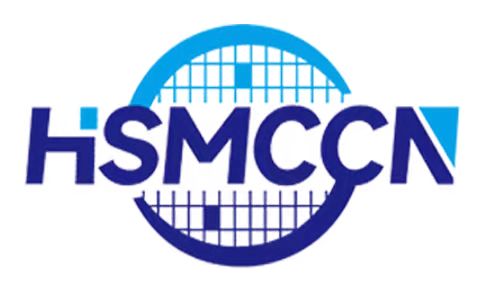
Privacy statement: Your privacy is very important to Us. Our company promises not to disclose your personal information to any external company with out your explicit permission.

Crafted from premium Handbag processes, it is carefully crafted and Leather bag processes ensures long-lasting quality and exceptional usability. We are a professional Leather bag OEM company, carefully crafting details to ensure high quality. Professional Handbag OEM, choose us, more worry-free and more assured.
In recent years, with increasing societal focus on sustainable development, the leather goods manufacturing industry is undergoing a profound transformation. This traditional industry is actively embracing green and eco-friendly principles, not only pursuing renewable and recyclable materials but also exploring environmentally friendly technologies in the manufacturing process. This article will delve into the new trends and future directions of the leather goods manufacturing industry under the leadership of sustainable development.
1. Novel Choices in Sustainable Materials
Traditional leather goods production often utilizes animal leather, but now more and more brands are seeking sustainable alternatives. Novel choices such as plant-based dyes, mycelium leather, and recycled materials meet the demands for fashion while alleviating pressure on animals and plants.
2. Technological Innovations in Green Manufacturing
Continuous innovation in green manufacturing technology is a key driver for the leather goods manufacturing industry's sustainable transformation. The adoption of water-based adhesives, energy-efficient production processes, and waste recycling technologies helps reduce the environmental burden of production, achieving the goal of green manufacturing.
3. Precision Production with Digital Technology
The application of digital technology in leather goods production is becoming increasingly widespread. From design to production, digital technology enables manufacturers to plan and execute production processes more precisely, reducing waste, improving efficiency, and providing strong support for sustainable production.
4. Systemic Changes Driving Sustainable Development
Under the impetus of sustainable development, some brands and manufacturers are fundamentally changing their systems. By establishing more transparent and responsible supply chains, strengthening oversight of raw material procurement, systemic changes become a crucial part of sustainable development.
5. Consumer Demand Guiding Brand Innovation
The growing consumer demand for sustainable products guides brands to innovate. Brands are not only improving materials and production processes but also focusing on product lifecycle management, introducing designs that are easier to maintain and recycle, jointly committing to a sustainable lifestyle with consumers.
6. Industry Collaboration Driving Sustainability
Sustainable development requires collaborative efforts throughout the industry chain. The leather goods manufacturing industry is beginning to collaborate more closely with suppliers, retailers, and related service providers to jointly promote sustainability practices, forming a sustainable ecosystem across the entire industry chain.
September 18, 2024
September 18, 2024
इस आपूर्तिकर्ता को ईमेल
September 18, 2024
September 18, 2024

Privacy statement: Your privacy is very important to Us. Our company promises not to disclose your personal information to any external company with out your explicit permission.

Fill in more information so that we can get in touch with you faster
Privacy statement: Your privacy is very important to Us. Our company promises not to disclose your personal information to any external company with out your explicit permission.